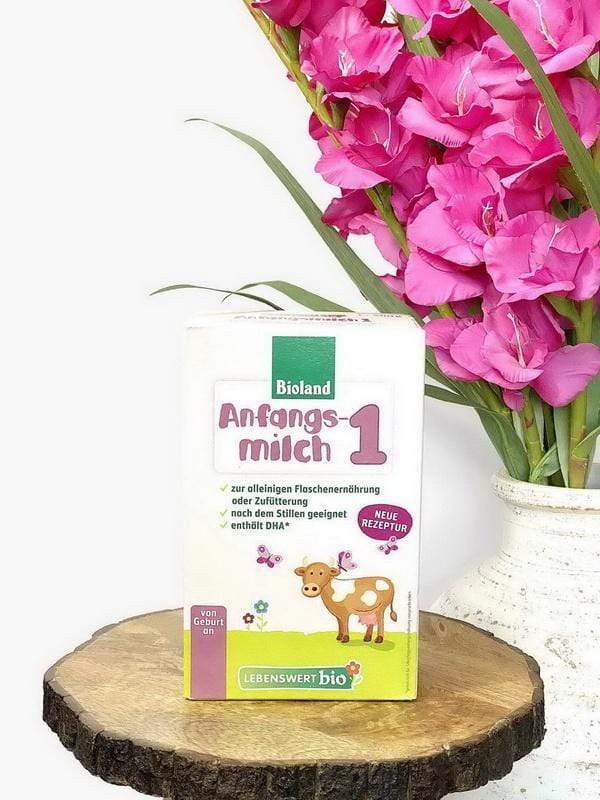Responsive parenting, also known as sensitive parenting, refers to family interactions in which parents are aware of their children's emotional and physical needs and respond appropriately and consistently.
This special family connection begins at birth and has 2 major key components: attachment and harmony, also known as attunement.
Responsive Caregiving
Responsive caregiving is the emotional bond between parents and children, attunement is the way we “tune in” to a child’s needs, work to understand their thoughts, and respond to how they are feeling and behaving.
Both attachment and attunement are important to the way a child views the world.
By using responsive caregiving we allow our little ones to feel safe and give them a gift to confidently form healthy relationships with others throughout life.
Reactive VS Responsive
Reactive Style of Parenting
A reaction is typically quick, without much thought, tense, and aggressive. We react when the Emotional Centre of our brain is so activated that we go into fight, flight, freeze, or appease actions.
The reactive style parents tend to make quick, avoidant decisions that are based on fear or anger. These decisions are often overwhelming to your child and they do not learn how to face daily decisions without panic.
Alternatively, we want our children to learn that we can help them work through their big emotions. Giving the child the clear message that when you are overwhelmed, I will be there as a wise, calm, strong, and caring parent for you to depend on and learn from.
Emotional Responsiveness
Responsive parenting involves awareness of your feelings and your child's feelings. Perhaps most importantly it also means being able to hold your internal experiences and being open to your child’s experiences at the most crucial times.
With responsive parenting, you are being mindful of how you may be triggered by your child’s behaviors, and how your feelings impact your perceptions of your child and how you are inclined to respond to them.
The Term Responsive Caregiving Refers to?
Responsive caregiving refers to the way a parent or caregiver supports and nurtures their children by giving emotional support to children who are overwhelmed and upset.
Being Responsive Meaning
Whether you are a new parent or a veteran caregiver, we all need a place to start. Here are 12 responsive ways to react to your little one:
Self-Awareness
When you are particularly activated in a situation with your child, consider asking yourself the following questions:
What emotion am I feeling right now?
✅ What am I feeling towards my child right now?
✅ What thoughts am I having about my child right now?
✅ Am I seeing them as a problem?
✅ What thoughts am I having about myself as a parent right now?
✅ Am I holding an expectation for myself or for my child that isn’t being met in the ways I hoped for at this moment?
✅ Can I be okay with that and work with my child rather than against them?
Self-Compassion
Self-compassion involves being empathetic towards yourself, especially during a difficult time. Acknowledge that your child’s behaviors are challenging, and that this is hard.
Recognize that you are feeling angry, confused, overwhelmed, disrespected, or uncared for, and that those feelings are really hard to manage.
Remind yourself that you are not a bad parent, but that you are going through a difficult moment. It is ok to make mistakes, we are constantly learning and growing.
Big Picture
Remember that it is the relationship between you and your child that you will continually be building; through this they will learn to regulate their feelings. When overwhelmed, children need to feel connected with their parents.
Self-Care
If you are upset, it will be very hard for you to offer the calmness and understanding that your child needs.
Remember that your child is not responsible for your emotions. If you are feeling angry, overwhelmed, confused, or disrespected in a situation, it is your responsibility to recognize what you are feeling and take time for self-care.
Self-care allows time for reflection and reevaluation. Use this time to remind yourself that no matter how you feel, your child is learning and needs you to lead the way.
Childlike Emotions
Your child’s emotional regulation abilities are less developed than yours. When they are emotionally overwhelmed, their decision-making and Behavior Control Centre of their brain is deactivated.
The way that they learn emotional regulation is through you.
Calm Tone
Maintain a calm tone of voice that is firm but also reassuring and kind.
Beneath the Surface
Every behavior and emotion your little one displaces is a mode of communication. Young children are still learning to communicate their experiences verbally.
Ask yourself: What are they trying to communicate but are having a hard time communicating effectively? Is there more than just this time and moment that is causing such big emotions?
Use Your Words
It is helpful to give children the language to describe and understand what you believe your child is experiencing and feeling.
By demonstrating this replay of the situation you are showing wisdom, empathy, understanding, and validation when you describe what you are seeing and what you are taking away from their behaviors.
Share Your Feelings
Talk about your own feelings with respect to what just happened. This helps normalize and model effective communication about hard feelings.
By verbalizing the consequence of your child's action this sharing also teaches your child that their behaviors have an impact on others.
Be Available
Stay with your child until they are calm. By being available your little one learns that you are there for them in all situations.
Teach Not Punish
When children are emotionally overwhelmed, they are not in a place to learn or take in new information. You can let them know that their behavior is not okay and then take time to help them work through these big emotions.
Responsive Responsibility
When the hardest part is over, continue to share your time and experience by talking about different ways of handling the problem next time.
Next, help your child take responsibility for their part, and demonstrate taking responsibility for your part. Lastly, collaborate together on new options for how both of you can approach and deal with a similar problem in the future.
Early Responsive Parenting
Each little one is unique. As each day goes by you will learn to read your baby's cues and the soothing strategies that your babies respond to.
There will be times when the baby will be sleepy, fussy, drowsy and hungry. Knowing the differences in cries and behaviors will help you both to develop good habits that will last an entire childhood.
Using the same voice and calm demeanor during quiet times as well as crying time will set the tone for keeping little ones happy and healthy.
Sensitive Parenting Definition
As parents and caregivers, we strive to be aware of our children's emotional and developmental needs.
During your parenting journey My Organic Company is here for your family. We offer developmental support as unique as your baby with the very best in European baby formula and for emotional support we offer a parents sounding board to help you decide which style of parenting is right for you.
We look forward to seeing you in our HiPP Holle Kendamil & European Baby Formula Parent Community where parents, caregivers and European baby formula experts meet to share advice, a laugh and give support when needed.














